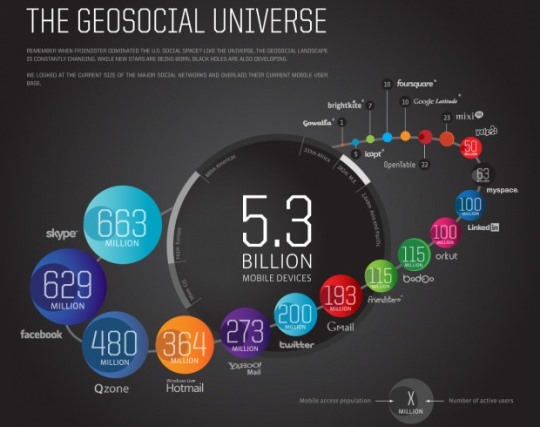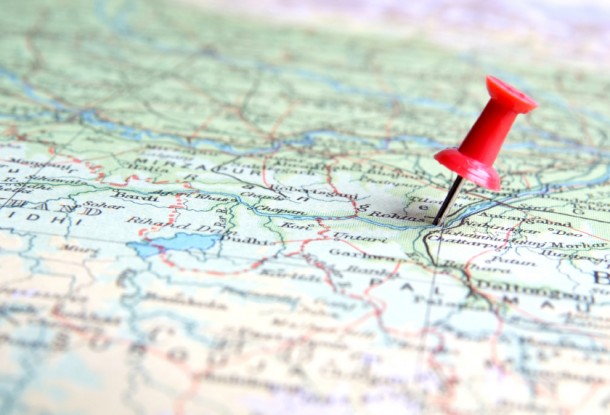Location, location, location…Can we turn it off?
Mobile servers, an inseparable part of our everyday activities, with modern search engines have become our main source to access information. The databases and IP addresses registered on our mobiles detect our geographical location, which we also share with different users around the world. This phenomenon, called geolocalization is what virtually connects us, despite of where we are geographically. The main concern is that as the number of mobile servers’ increases, the level of our privacy decreases.
The global network of technology has changed the way how we navigate and connect with others in the social media. But not only the social sphere has experiences this new trend of geolocation, but also the political and economic sphere, which is now using geolocation to bring citizens and consumers closer. Several ways of how mobile serves control our privacy and how geolocalization works can be mostly seen in:
- Everyday use and check-ins: People are constantly showing off where they eat, party, celebrate or where they are spending their holidays. In such a way their moments are not private any more and in this case it the benefit of the restaurants, bars and other places to be promoted and advertised in the social media.
- Political parties and organizations: Especially during elections we notice the power of social media and propaganda. Campaigns, discussion platforms and other political events became locally published so they can attract more citizens.
- Businesses, products and services: Online shopping, online marketing, online communication…everything leads to business development and service promotion, which is totally positive but not safe.
- Travelling and transport: The way how geolocation works in this sphere is that GPS helps us to go places and locations that we could hardly find with limited information and no check-ins.
Everything looks acceptable when we think about it in this way, but don’t forget: The moment you turn on your location to have access on the above mentioned services, you turn off your privacy. The main concern is how can we avoid being controlled?

The Geosocial Universe | JESS3
The Guardian’s article on ‘How to Protect Your Privacy Online’‘ provides tips and advices on how to limit the power of geolocation and gain more control over your privacy. Reading the access privileges of various apps we use, is an important step which usually we ignore, because internet makes us lazy so we never read carefully the way how an app can access our personal mobile data. With such information we can better manage our social media accounts, check-ins and public posts. Another important advice is to use passwords and unique email addresses that will enable us more control on our mobile servers. Keeping WiFi disabled during the time when we do not really need internet access can help in limiting mobile servers detect your location. GPS and location data are also optional so if we make proper use of technological tools we will be less controlled by them.

